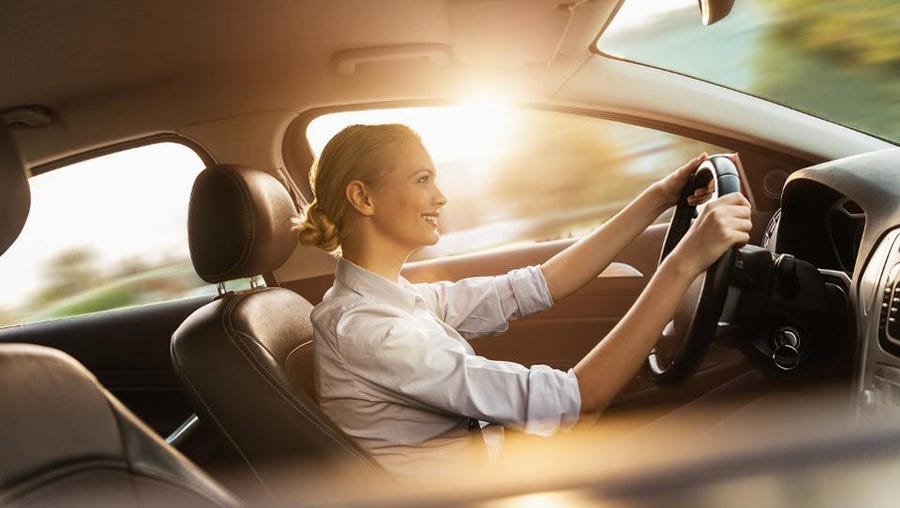Most insurance companies cover the car-sharing companies that provide cars for recreational activities. Usually, they require a credit card or cash deposit in case of damage to the car during this period. Some also ask for a letter from the primary insurer confirming the coverage of these costs. In addition, some insurance policies can offer additional discounts if they are purchased directly through their websites. Below are several types of insurance obtained by car-sharing companies dealing with leisure travel activities:

Liability Insurance or Collision Coverage
This is one way to protect yourself against damage caused by your vehicle to others. This type covers injuries and damage to property other than your vehicle, which means you will be covered if another person’s car is damaged or someone is injured in any way. Be aware that this coverage does not compensate you if the loss is your fault, so it might be beneficial to have some extra protection in case of injury or damage on your part.
Towing And Labor Insurance
This type of insurance covers all necessary labor for towing or fixing a vehicle after an accident. This type of insurance usually includes towing costs, labor costs, and parts associated with car repair. Car sharing companies like Avail car sharing ask for this type of coverage as a supplement because they include coverage for their cars. Before buying this type of insurance, read the fine print carefully to ensure no exclusions or limitations on what types of repairs are covered. The best thing about this additional service is covering additional costs.
Comprehensive Insurance or Physical Damage Coverage
Comprehensive insurance covers costs associated with repairing or replacing a vehicle after an accident, regardless of the cause. It also pays for damage caused by theft and vandalism, and weather-related damage such as floods and hail. If you have a car loan, your lender may require this type of insurance to protect its interests in case of damage or theft of your car.
Uninsured Motorist Comprehensive Coverage (UMC)
This covers medical expenses and property damage if you are injured by or involved in an accident with another driver or pedestrian who does not have insurance, is underinsured, or whose policy limits are exceeded. The good news about this type of coverage is that it includes damage caused to your vehicle.
Rental Reimbursement Insurance
This type covers any costs associated with using a rental car when your car is being repaired after an accident or theft. Although this type of coverage can sometimes be purchased as part of collision coverage, purchasing it separately may help lower premiums because some companies do not offer coverage if the damage is your fault. If you already have rental reimbursement as part of your policy, check how much it will cost to cover the car for a week or more (such as when waiting for parts).
Gap Insurance
Gap insurance is quite common in auto loans and covers the difference between what an insurance company pays for damage to a vehicle and its cash value. This is important because cars usually depreciate considerably shortly after purchase. Although this coverage may seem cheap, there are usually restrictions on its use, like 12 months or 15 000 miles per year. Shopping around can help reduce premiums if you do not need this type of protection; research other types of coverage to see if they apply.
One of the biggest advantages of car sharing is that you do not have to worry about insuring your vehicle. If you participate in a car-sharing program, the company will provide insurance coverage for your journey and any passengers who ride with you or if someone else causes damage during your trip. However, it is important to remember that the company’s insurance does not cover any damages or injuries caused by drivers or passengers related to them.